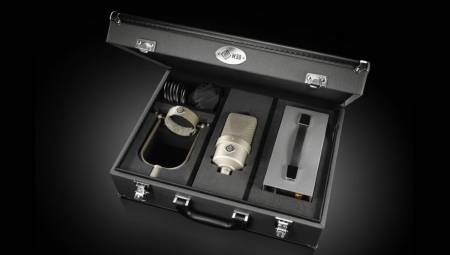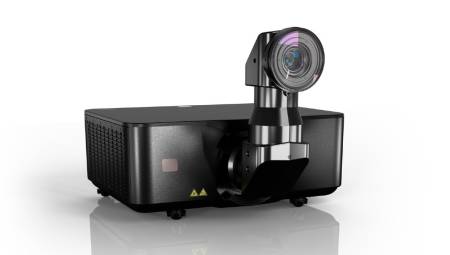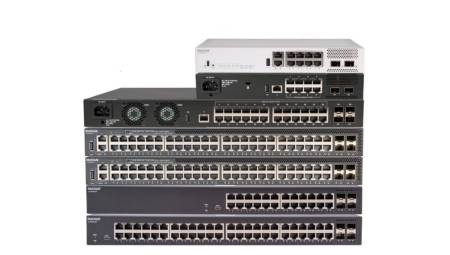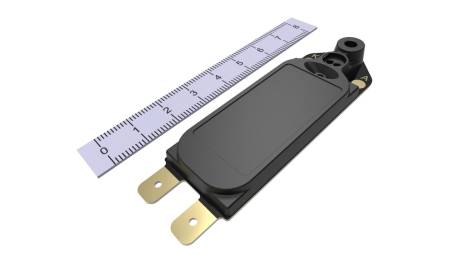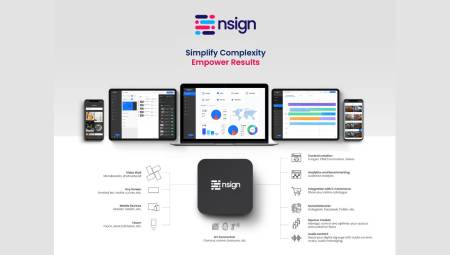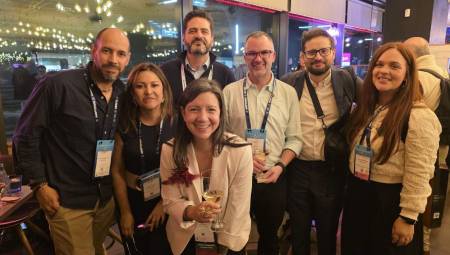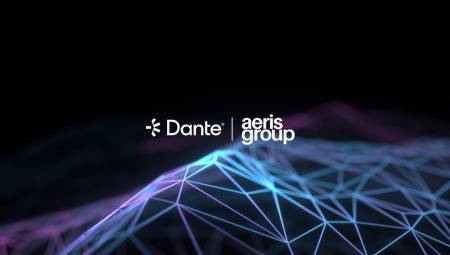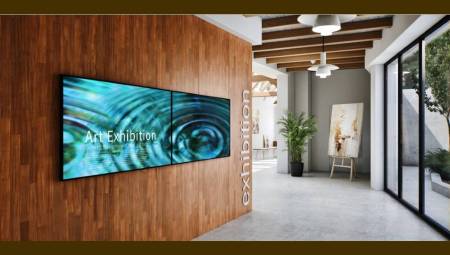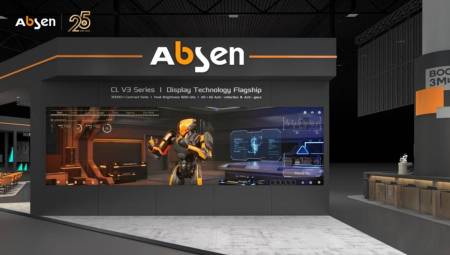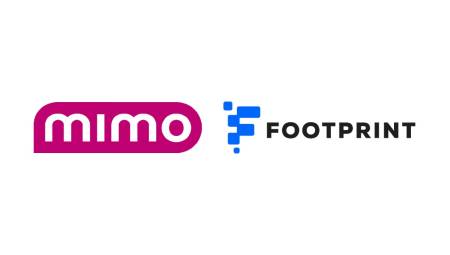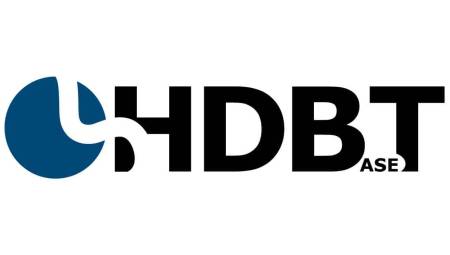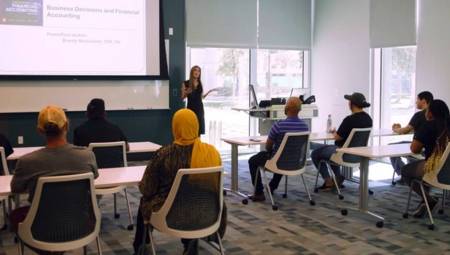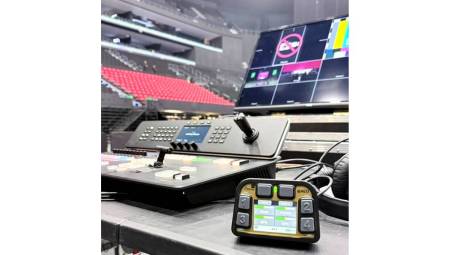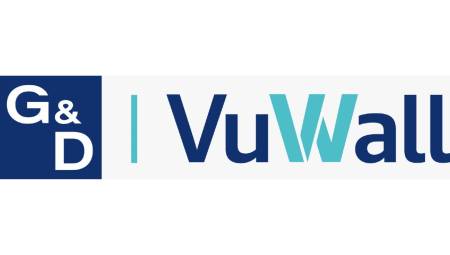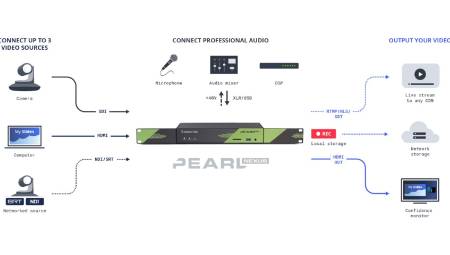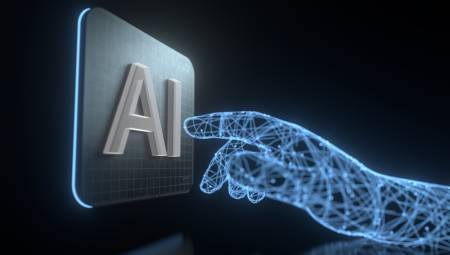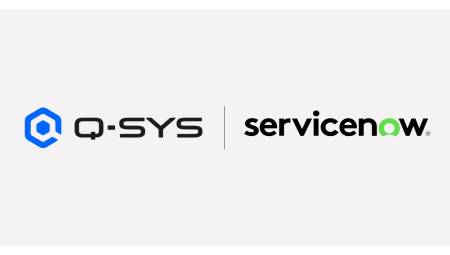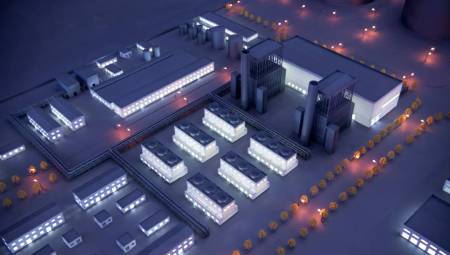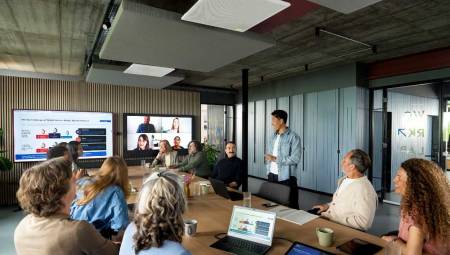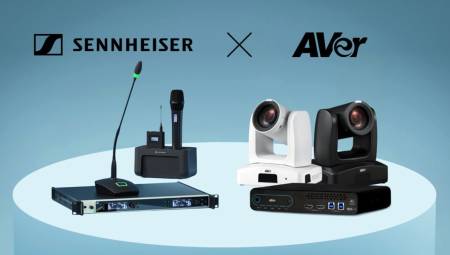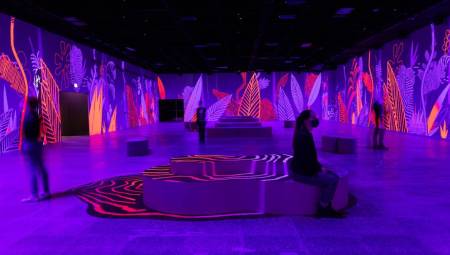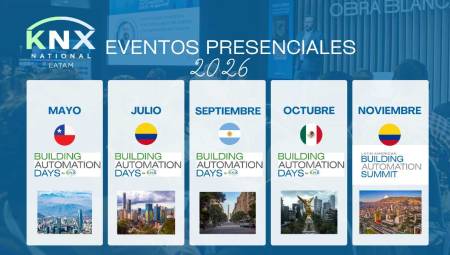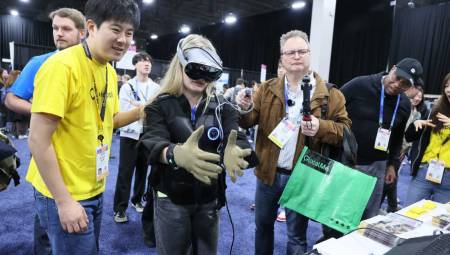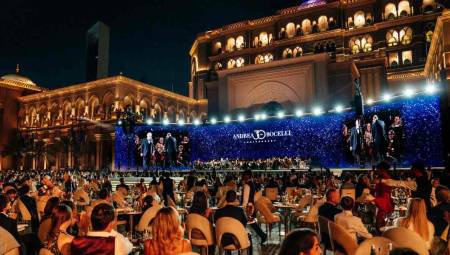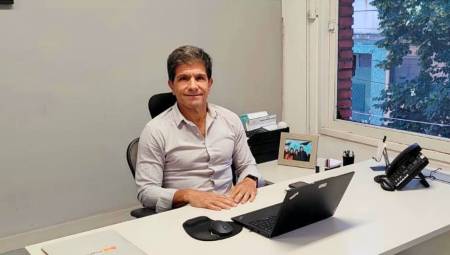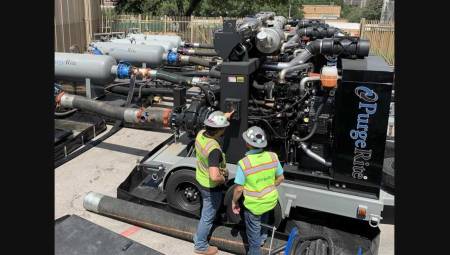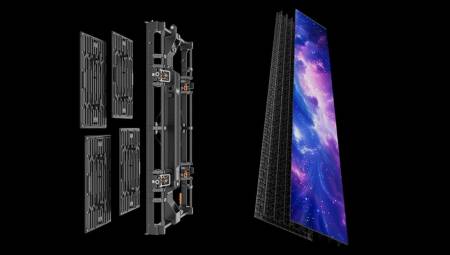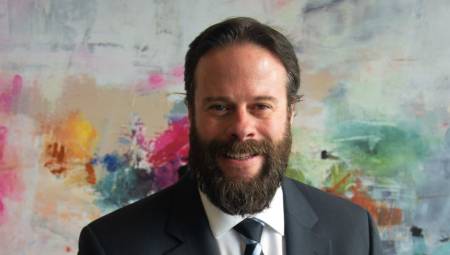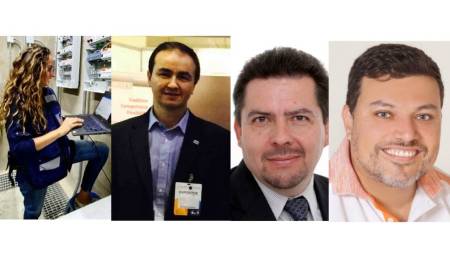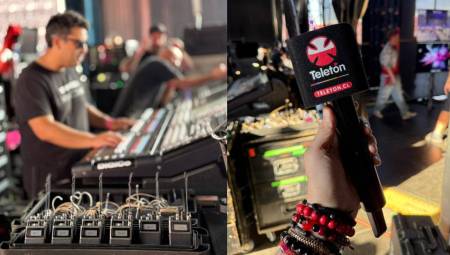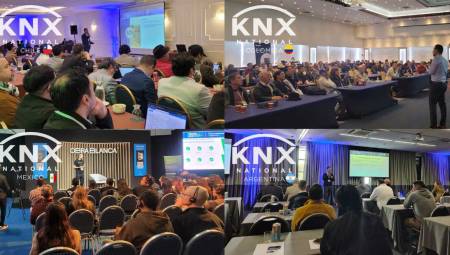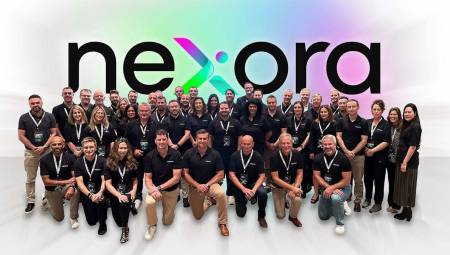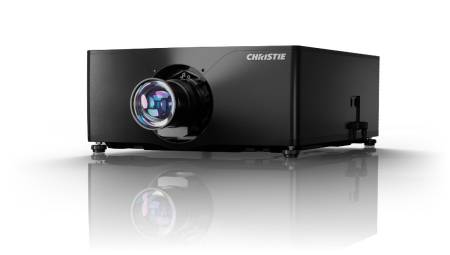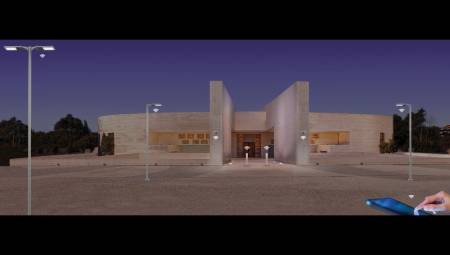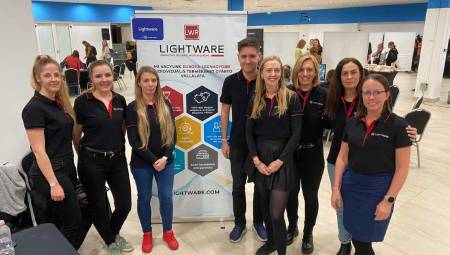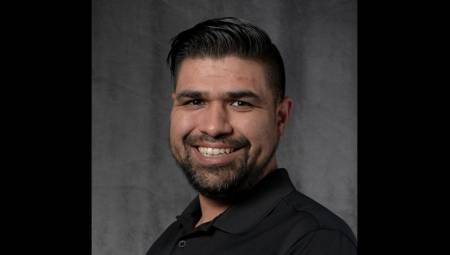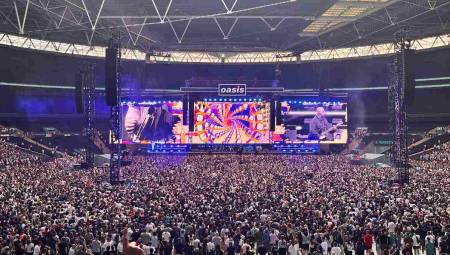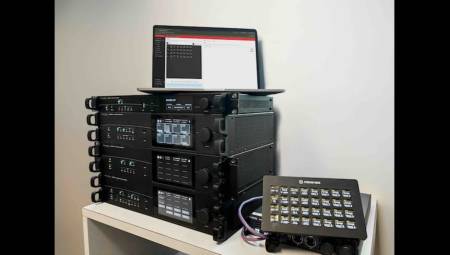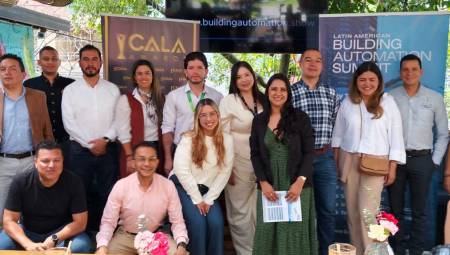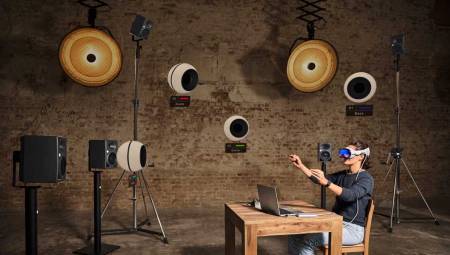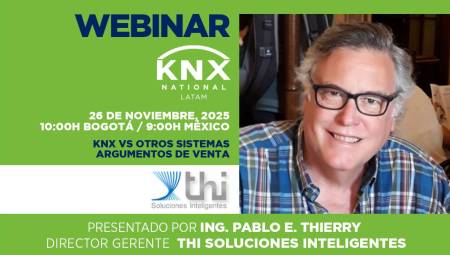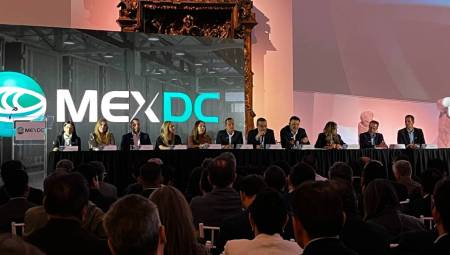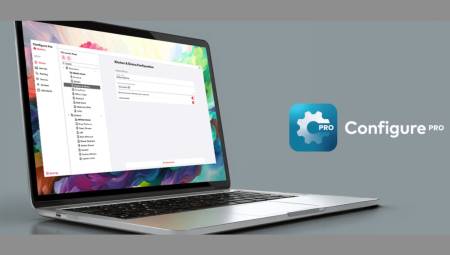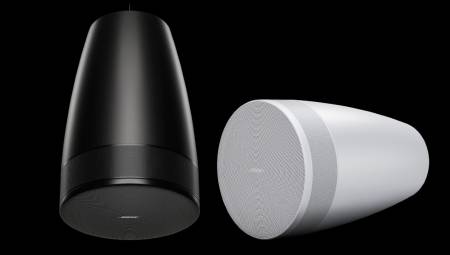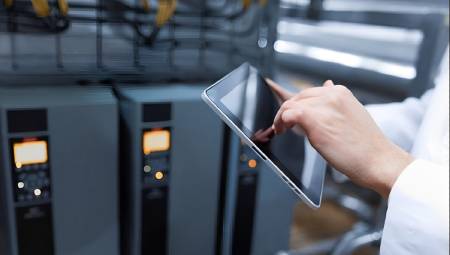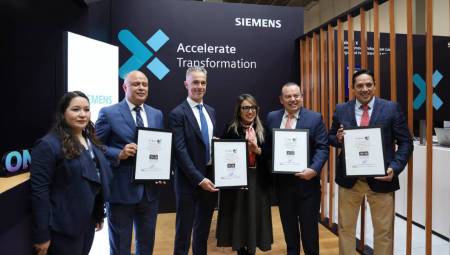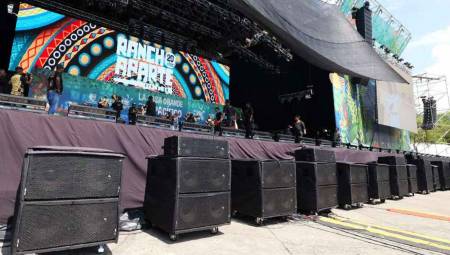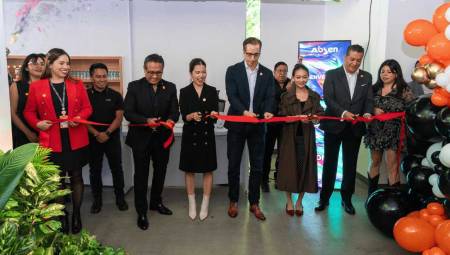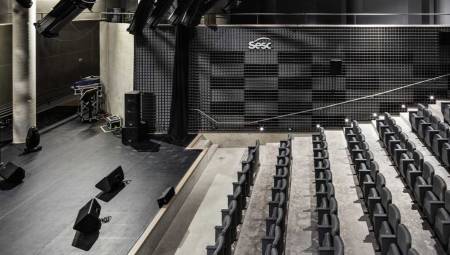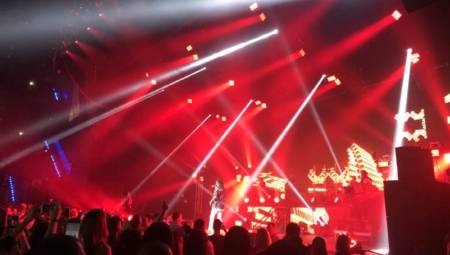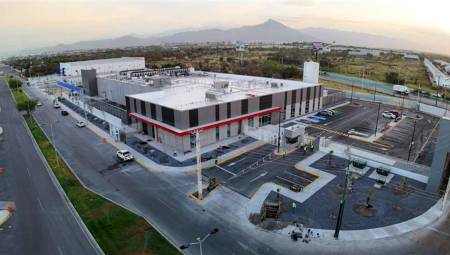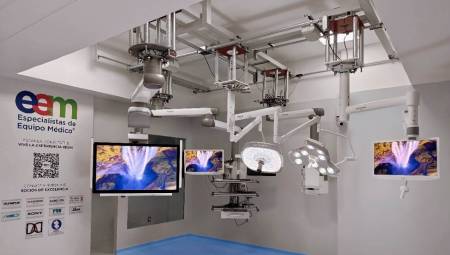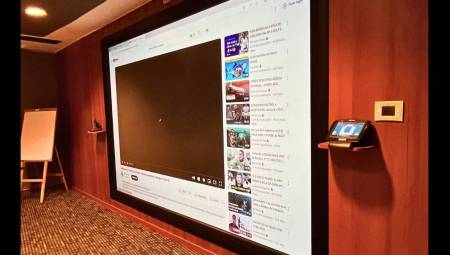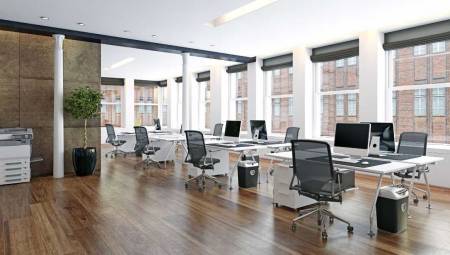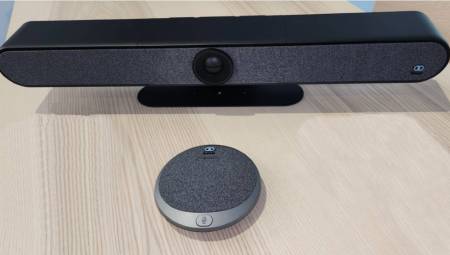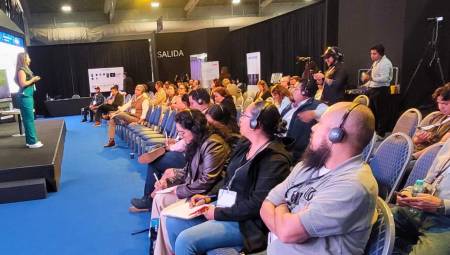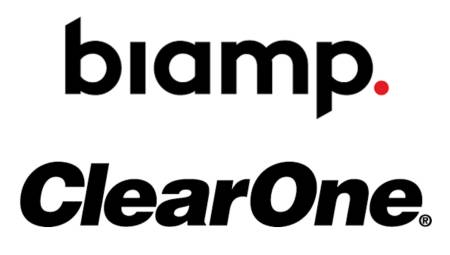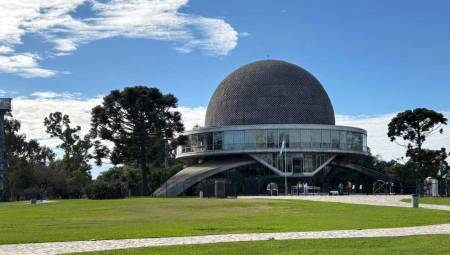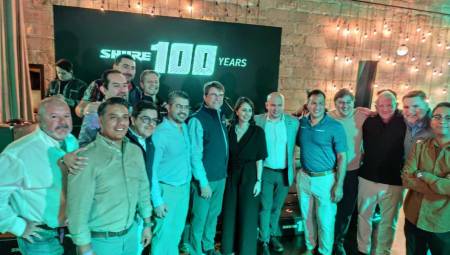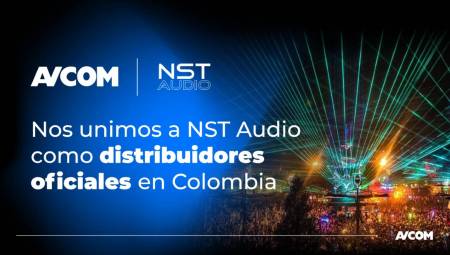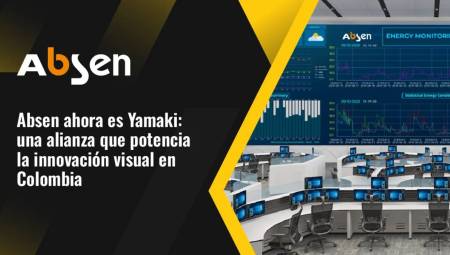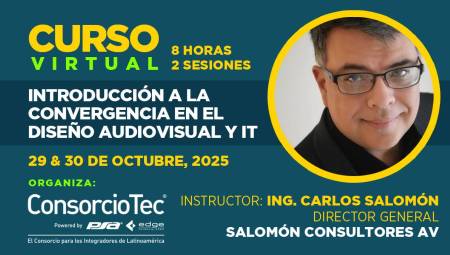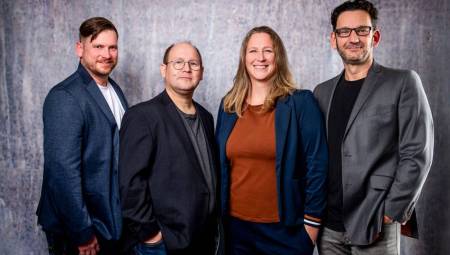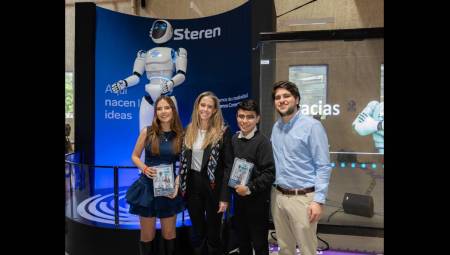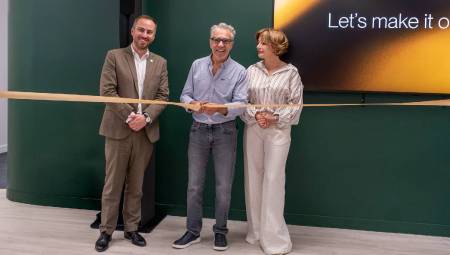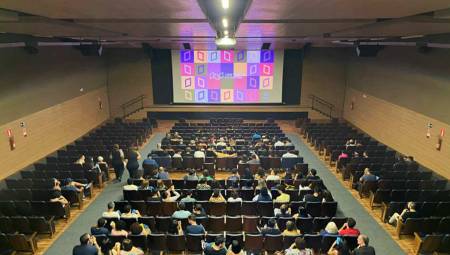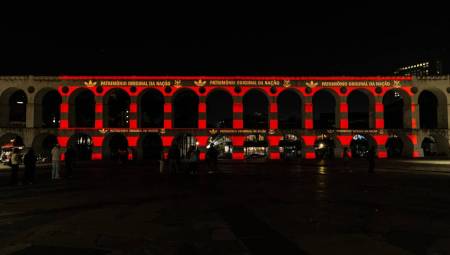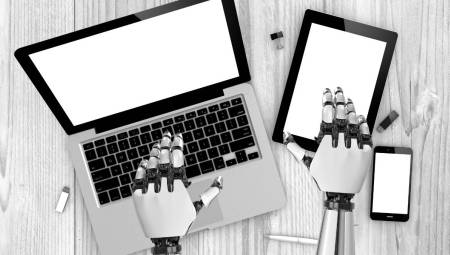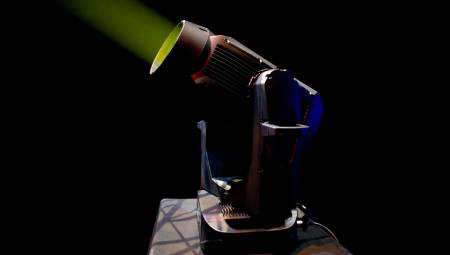Latin America. It is estimated that people spend up to 90% of their time indoors: in them we live, sleep, work, have fun and, ultimately, develop much of our daily activities.
Thus, it is not surprising that they are also one of the main consumers of energy and pollutants in our society. According to the most recent data provided by the European Union, buildings are responsible for 40% of the energy consumption of the Old Continent, as well as 36% of its greenhouse gas emissions.
If we combine both factors, their essential role and the great weight in environmental and energy matters, and encompass them in a context such as the current one, where the climate and energy crises mark both the trends of demand by society, as well as legislative trends on the part of the administrations, we can only reach one conclusion: if we want to maintain our quality of life without implying an even greater deterioration of the environment, We need to make buildings as sustainable as possible.
Efficiency and sustainability: trends that will mark the future of building
Thus, it is not surprising that when addressing what the cities and buildings of the future will look like, sustainability and efficiency are the absolute protagonists of the conversation.
They are, moreover, because the great technological revolution that is guiding the transformation of these spaces, digitalization, has among its main benefits the improvement of both aspects. A digitalization that, in the case of buildings, has connected devices as its main workhorse. This is demonstrated by observing that they are the type of technological solution that is growing the most throughout this century, going from one connected device per person in 2013, to the current nine, and with forecasts that speak of more than 50,000 million connected devices around the planet by 2050.
Although security, the level of personalization of the environment and, above all, comfort are always the great slogans that come to mind when we talk about the Internet of Things, its ability to manage and control our energy consumption - and with it a large part of our emissions - has always been, is and will be the main benefit provided by these devices.
Specifically, it is estimated that by using connected devices that allow intelligent analysis, control and management of parameters such as light, temperature and energy used in a building, up to 20% of consumption can be saved in it and CO2 emissions reduced by 15%.
However, although these devices are the visible face of the connected world, the truth is that, for all these devices to have an indispensable and perhaps more unknown piece, the IoT nodes, which are responsible for receiving the information of their activity, ordering it and communicating it to a platform.
superior for its management.
 Standardized IoT nodes to create more efficient network infrastructures and buildings
Standardized IoT nodes to create more efficient network infrastructures and buildings
Televes carries out its work as a major player in the development of smart cities and buildings. As a promoter of the main technological revolutions experienced by the communications infrastructure sector, it draws from all of them a key knowledge: there is no revolution without regulations on
standardization.
In the case of buildings, the digitalization environment of the building should be protected under ICT, an example of success worldwide of how to guarantee services of general interest to the population, as will also be those of
safety, energy efficiency and health.
For the infrastructure of the building, its control and configuration should belong to the Community of the same, entity in charge of exercising the right to decide what services to contract and offer in a framework of free competition. However, for this to be possible, it is necessary that the regulation establishes a clear point of interconnection between the building as a customer and the suppliers, as well as the service operators; Therefore, such regulation should be created under the consensus among all the actors involved.
Finally, if we want the regulations not only to help the evolution of services. but that this encourages free competition, the scenario of a sensorized and monitored building must be done under open technological standards.
The need for semantic regulations to standardize the operation of connected hotels
While it is true that whatever the framework that relates a building with higher coexistence units is a scope of application of semantic standards, its importance in the tourism field should be highlighted, identifying as such hotels, residences and the like, structural buildings such as airports, ports and stations and the area of city and destination as a specific area for tourism.
Specifically, a semantic standard of the hotel as a building is needed. And its drafting and approval is already in process, ensuring the sharing of data and information between the hotel or residence and the tourist destination in accordance with UNE178501 and having an interoperable platform according to UNE 178104.
Semantics is an essential condition to develop the implementation of intelligent and connected buildings in any environment and for any use, but with special particularity in hotels and residences in tourist destinations.
Analysis published by the Spanish company Televes.





